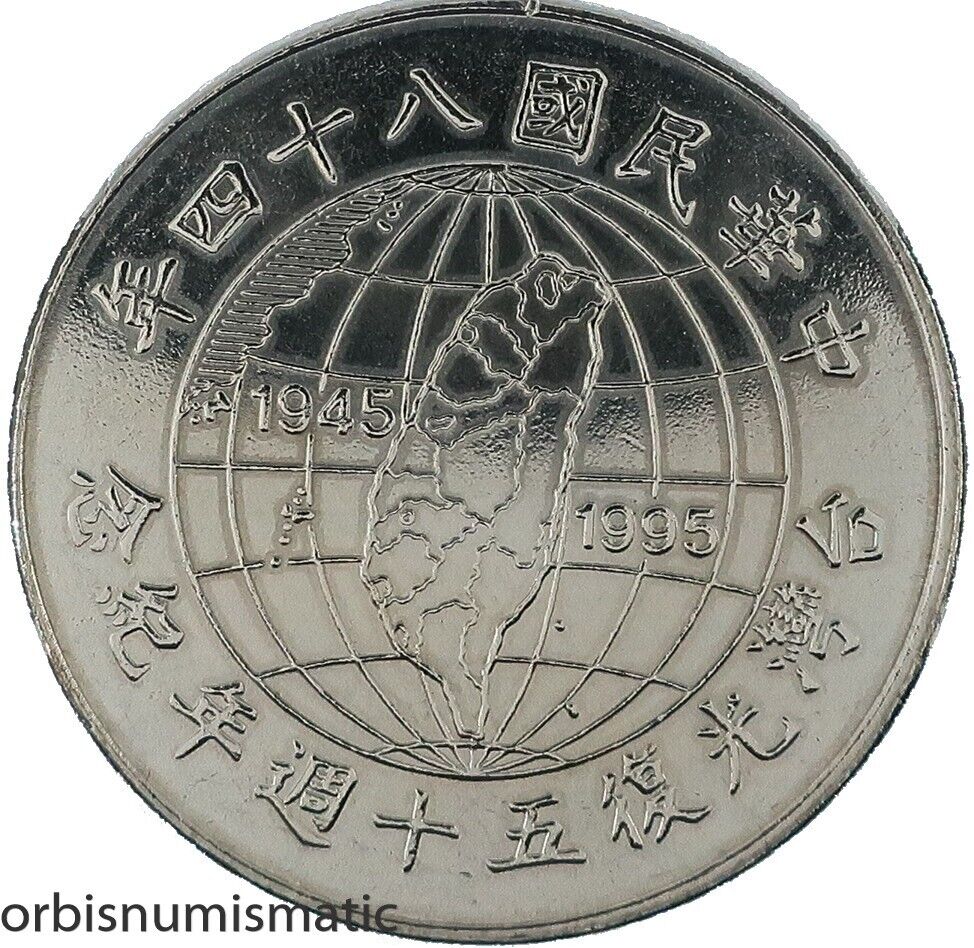-40%
Krygystan 2003 10 Som Gilt Silver NGC PF68 Ultra Cameo 1000 Made, Kyrgyz Genesis
$ 125.66
- Description
- Size Guide
Description
Krygystan Republic Proof 10 Som 2003,KM7. Genesis of Kyrgyz Statehood.
Gilt Silver. Mintage of only 1,000 pieces. Colorful design with gold highlights. Sharp details and some dark toning to reverse. Fascinating piece.
Graded NGC PR68 Ultra Cameo, Census [1/0], total of 1 Graded. Impossible to find.
Combined shipping available. Please see our high resolution photos.
Kyrgyzstan, officially the Kyrgyz Republic, also known as Kirghizia (in Russian), is a landlocked country in Central Asia. It is bordered by Kazakhstan, Uzbekistan, Tajikistan and China. Its capital and largest city is Bishkek.
Kyrgyzstan's history spans a variety of cultures and empires. Although geographically isolated by its highly mountainous terrain, Kyrgyzstan has been at the crossroads of several great civilizations as part of the Silk Road and other commercial routes. Inhabited by a succession of tribes and clans, Kyrgyzstan has periodically fallen under larger domination. Between periods of self-government it was ruled by Göktürks, the Uyghur Empire and the Khitan people, before being conquered by the Mongols in the 13th century; it regained independence but was invaded by Kalmyks, Manchus and Uzbeks. In 1876, it became part of the Russian Empire, remaining in the USSR as the Kirghiz Soviet Socialist Republic after the Russian Revolution. Following Mikhail Gorbachev's democratic reforms in the USSR, in 1990 pro-independence candidate Askar Akayev was elected president. On 31 August 1991, Kyrgyzstan declared independence from Moscow and a democratic government was established. Kyrgyzstan attained sovereignty as a nation state after the breakup of the Soviet Union in 1991.
Since independence, Kyrgyzstan has officially been a unitary parliamentary republic, although it continues to endure ethnic conflicts, revolts, economic troubles, transitional governments and political conflict. Kyrgyzstan is a member of the Commonwealth of Independent States, the Eurasian Economic Union, the Collective Security Treaty Organization, the Shanghai Cooperation Organisation, the Organisation of Islamic Cooperation, the Turkic Council, the Türksoy community and the United Nations.
Ethnic Kyrgyz make up the majority of the country's six million people, followed by significant minorities of Uzbeks and Russians. Kyrgyz is closely related to other Turkic languages, although Russian remains spoken and is an official language, a legacy of a century of Russification. 90% of the population are Muslims with the majority being Sunni. In addition to its Turkic origins, Kyrgyz culture bears elements of Iranic, Mongolian and Russian influence.










